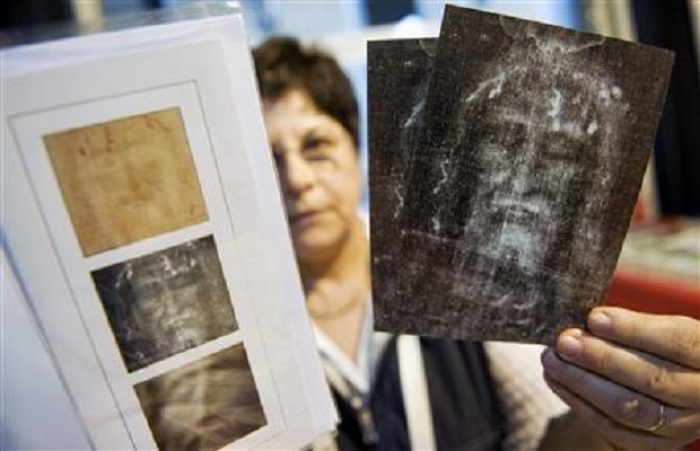Groundbreaking Hunt for Jesus' Descendants Announced; Experts Analyze Shroud of Turin for DNA

Researchers and religious scholars have reportedly embarked on a "groundbreaking" search to see if any living descendants of Jesus Christ's family can be found. Experts are analyzing the famous Shroud of Turin for DNA samples.
The Daily Mail reported on Tuesday that scientists will also be investigating the supposed bones of John the Baptist, Jesus' cousin, which were discovered in Bulgaria in 2010.
The hope is that samples from relics possibly connected to Jesus' family, including the Sudarium of Oviedo, could allow researchers to trace the DNA samples to any living people today.
Part of the endeavor was showcased on Easter Sunday on the History Channel, with Oxford University geneticist George Busby and biblical scholar Pastor Joe Basile traveling to places like Spain, Italy, Israel, and Bulgaria's Black Sea coast, where the 2,000-year-old bones of John the Baptist were said to be discovered.
"They believe that if they can find a strand of Jesus' DNA it could help identify who among us today are descendants of Jesus and provide us with new insight into the man many consider to be the most important person in history, Jesus," the History Channel explained about the search.
Busby wrote about the research journey in an article for The Conversation last week, stating that scientific advances are allowing for new breakthroughs to be made in the field of ancient DNA.
He noted that scientists have DNA sequences from hundreds of people long since dead, and have traced their lineage to further understand human history.
Busby admitted that he was initially skeptical about the supposed discovery of the bones of John the Baptist, and noted that many people could have handled the bones and left their DNA there, which contaminates the search.
Still, he explained that researchers can now differentiate modern contamination from ancient genomes, which could bring them closer to the truth of who the bones really belong to.
He revealed that the search will also focus on the Shroud of Turin, the relic that some believe was used as the burial cloth of Christ when He was taken down from the cross.
The geneticist revealed that "recent research identified multiple people's DNA on the The Turin Shroud," with further analysis still to come.
Further mystery formed around the Shroud back in October 2015, after Italian researchers studying the object found DNA traces of plants from all around the world.
Real Clear Science said at the time that the researchers found sequences of pollen DNA and other dust particles from South America, the Middle East, Central Africa, Central Asia, China, and other regions, though the meaning of this discovery is yet to be fully understood.
Busby said their research also took them to Jerusalem where they met a man "who is in the process of sequencing material from the James Ossuary, a first century chalk box which may have held the bones of Jesus' brother."
"We also met an archaeologist in Israel with several crucifixion nails, one of which was still embedded in a poor crucified soul's heel bone. Unfortunately, it's impossible to extract DNA from rusty iron," he noted.
Busby suggested that if one day DNA analysis could show evidence that the Shroud, the James Ossuary, and the bones found in Bulgaria are a familial match, that could present the world with a very important question.
"Could this then have been the DNA of Jesus and his family? To answer that, all you need is a little belief," he positioned.




























